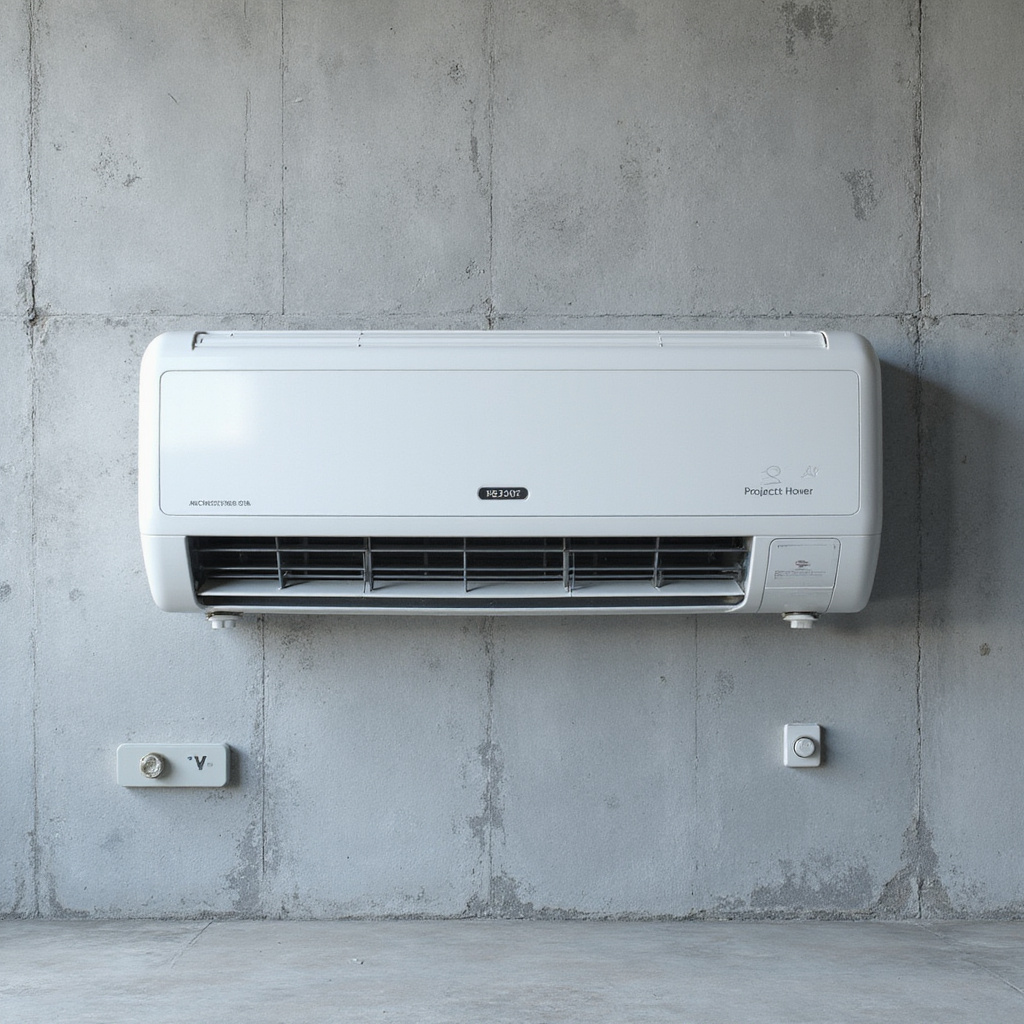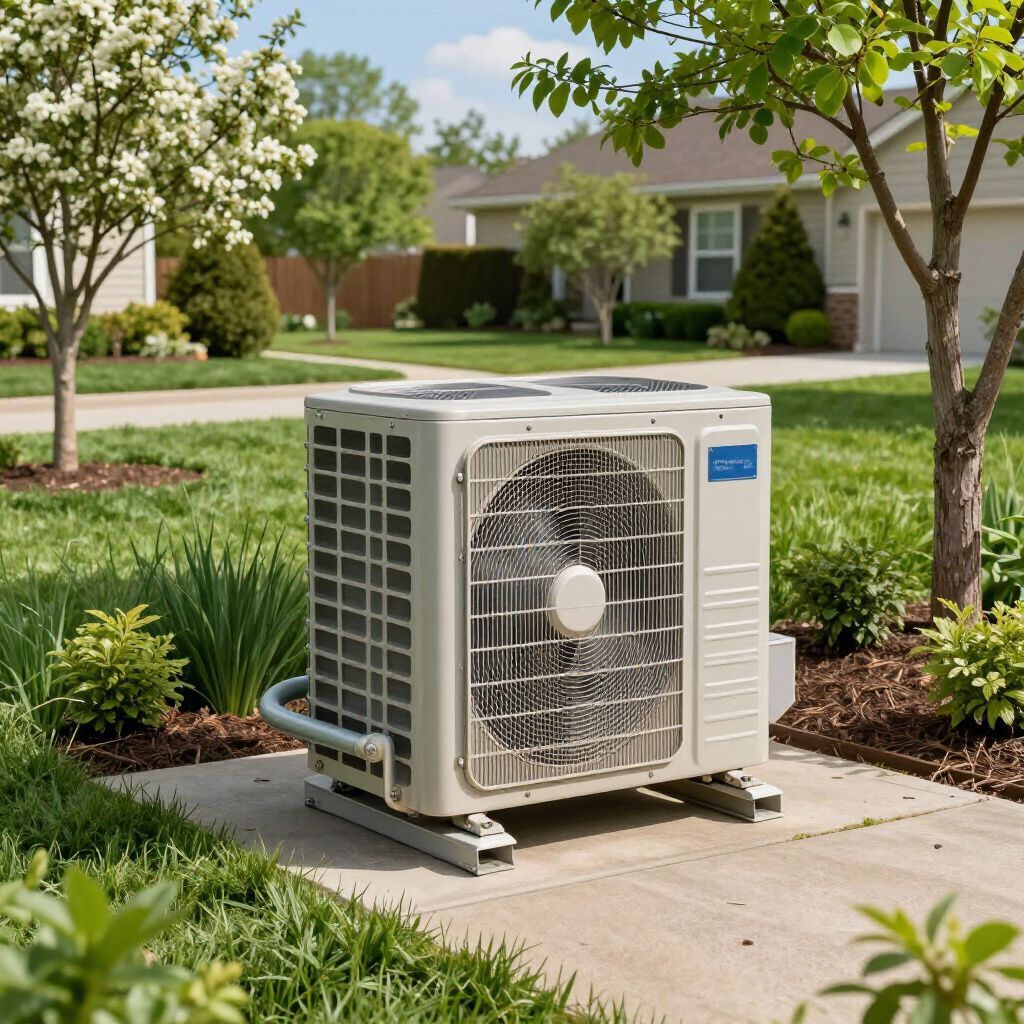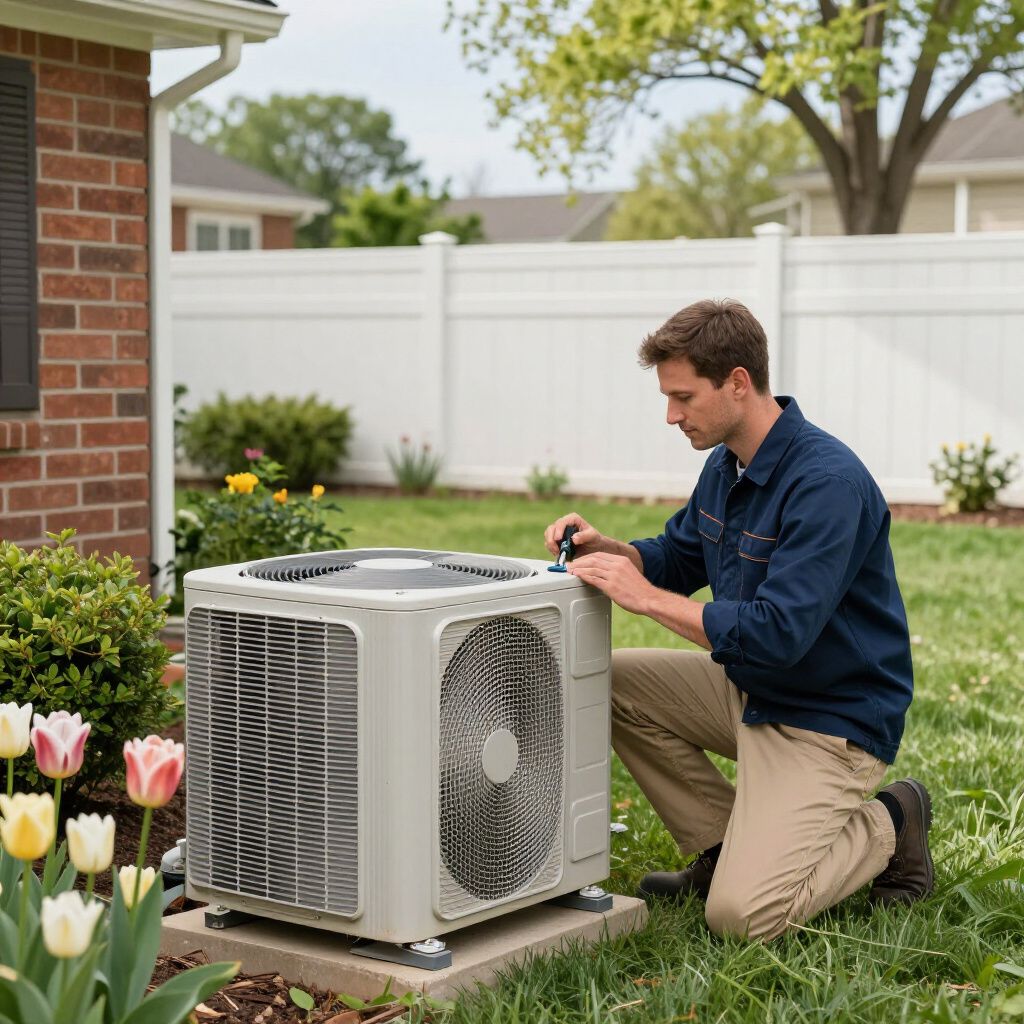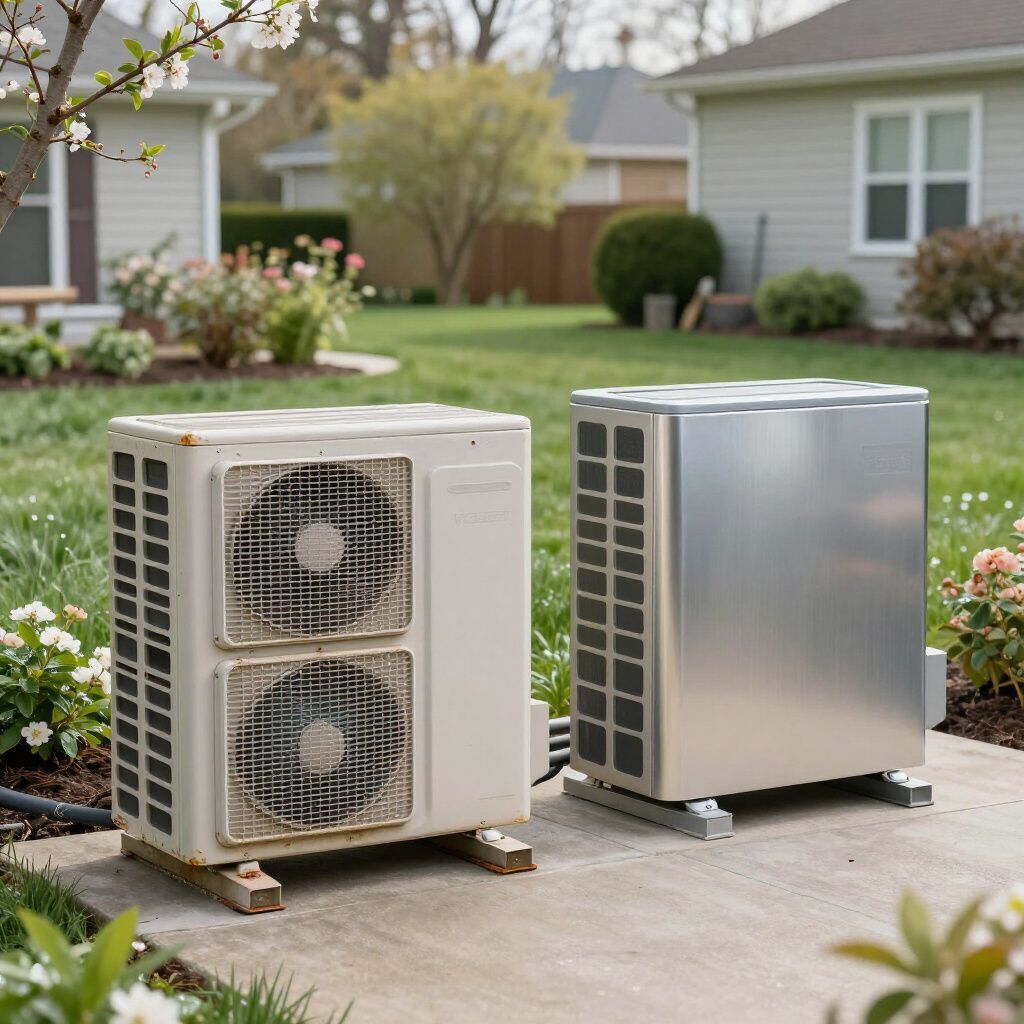What Causes Your AC to Freeze Up? Preventing Summer Breakdowns
Few things are more frustrating than discovering your air conditioner has frozen over during a Missouri heat wave. But why does this happen and what can you do to prevent it? Here’s a comprehensive look at the most common culprits and some actionable solutions to keep your home cool.
1. Causes of Frozen ACs
Restricted airflow from dirty filters, closed vents, or blocked returns is the most common cause of freezing issues in your air conditioning system. When airflow is compromised, less air flows over the evaporator coil, leading to a drop in temperature that causes condensation to freeze on the coil itself. This can create significant issues for your HVAC system's efficiency and performance. When did you last remember swapping out your filter? Regular maintenance of your filters is crucial for maintaining optimal airflow and preventing such complications.
Additionally, low refrigerant levels, often caused by leaks or simply the age of the system, can also trigger freezing. When the refrigerant is insufficient, it cannot absorb heat effectively, which can lead to ice accumulation. If you happen to hear a hissing sound coming from your unit or notice ice forming on any components, it's essential to call a professional technician. These signs typically indicate that your system requires repair, and addressing these issues promptly can help prevent further damage and ensure your air conditioning system operates smoothly.

2. DIY Prevention Tips
To ensure optimal performance of your HVAC system, it’s important to replace filters monthly, especially during peak usage periods. In addition to this regular maintenance, make sure to thoroughly clear all vents and move any furniture away from air returns to prevent obstruction. It’s crucial to never block airflow to the unit, as this can lead to inefficiencies and potential damage. When it comes to outdoor maintenance, take the time to gently clean the outdoor coils with a hose after turning off the power to the unit, as this helps maintain effective heat exchange.
Additionally, keep an eye out for any unusual noises, water puddles forming around the unit, or a noticeable decline in cooling efficiency. These can be warning signs signaling that something might be wrong. Addressing these issues promptly can help you avoid more significant problems down the line. Taking these proactive steps will not only extend the lifespan of your HVAC system but also ensure that it operates at peak efficiency when you need it most.
3. When to Call for Help
If your AC is consistently freezing, don’t keep running it. Immediate shut-down prevents compressor damage and expensive repairs. A certified technician can check refrigerant levels and diagnose hidden problems.
Conclusion
Prevention is the best defense! Routine maintenance, proactive filter replacement, and quick action at early warning signs will keep your cool all summer. When in doubt, call Johnson Heating & Cooling for fast, reliable AC repair and peace of mind.





